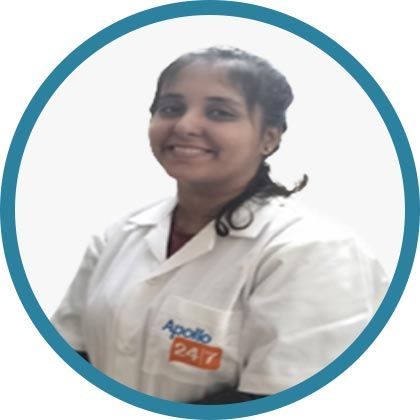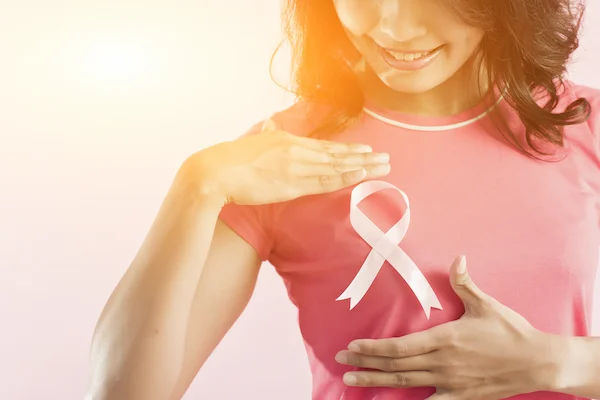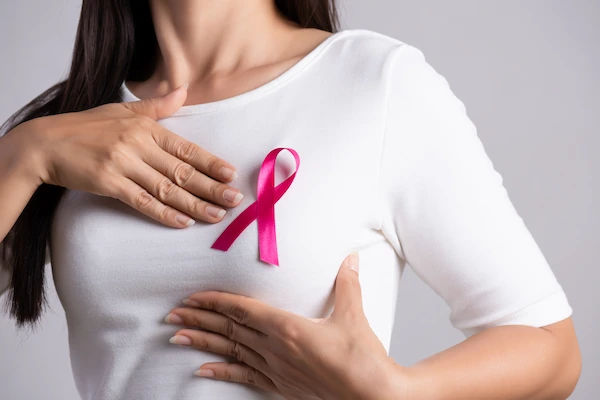Early Signs of Breast Cancer to Recognize
Empower yourself with knowledge: Learn the early signs of breast cancer to recognize. Discover common symptoms like lumps, skin changes, or nipple alterations that warrant immediate medical attention for timely detection and better outcomes.

Written by Dr. J T Hema Pratima
Reviewed by Dr. Rohinipriyanka Pondugula MBBS
Last updated on 12th Aug, 2025

Breast cancer is one of the most common cancers affecting women worldwide, but early detection can significantly improve treatment outcomes. Recognizing the early signs and symptoms is crucial for timely medical intervention. This article will guide you through the key warning signs, risk factors, and steps you can take to stay proactive about your breast health.
Understanding Breast Cancer
Breast cancer occurs when cells in the breast grow abnormally and form a tumor. While it is more common in women, men can also develop breast cancer. Early detection through selfexams, clinical screenings, and awareness of symptoms can lead to better treatment success rates.
Early Signs and Symptoms to Watch For
Being aware of changes in your breasts can help detect breast cancer early. Here are some common signs to look out for:
1. A Lump or Thickening in the Breast or Armpit
- The most common early sign is a painless lump or thickening in the breast or underarm area.
- Not all lumps are cancerous, but any new or unusual lump should be checked by a doctor.
2. Changes in Breast Size or Shape
- One breast may appear larger or lower than the other.
- Swelling, dimpling, or puckering of the skin (like an orange peel) can be a warning sign.
3. Nipple Changes
- Nipple inversion (turning inward) when it didn’t before.
- Discharge (other than breast milk) that may be clear, bloody, or yellowish.
- Redness, scaling, or flaking skin around the nipple.
4. Pain or Tenderness
- While breast pain is often due to hormonal changes, persistent pain in one spot should be evaluated.
5. Skin Changes
- Redness, warmth, or darkening of the breast skin.
- Itchy, scaly, or ulcerated skin on the breast.
If you notice any of these changes, consult a doctor promptly. Early detection can make a significant difference in treatment success.
Who Is at Risk?
While breast cancer can affect anyone, certain factors increase the risk:
- Age: Risk increases after 40, especially postmenopause.
- Family History: Having a close relative (mother, sister, daughter) with breast cancer raises risk.
- Genetic Mutations: BRCA1 and BRCA2 gene mutations increase susceptibility.
- Hormonal Factors: Early menstruation, late menopause, or hormone therapy can contribute.
- Lifestyle Factors: Obesity, alcohol consumption, and lack of physical activity may increase risk.
How to Reduce Your Risk?
While some risk factors (like genetics) can’t be changed, you can take steps to lower your risk:
1. Regular Self-Exams
- Perform a breast selfexam once a month to check for any unusual changes.
- The best time is a few days after your period ends when breasts are less tender.
2. Clinical Screenings
- Mammograms: Women over 40 should get annual mammograms as recommended by their doctor.
- Ultrasound or MRI: These may be advised for high-risk individuals.
3. Healthy Lifestyle Choices
- Maintain a healthy weight.
- Exercise regularly (at least 150 minutes of moderate activity per week).
- Limit alcohol and avoid smoking.
- Eat a balanced diet rich in fruits, vegetables, and whole grains.
Consult Top Specialists
When to See a Doctor?
If you notice any unusual changes in your breasts, don’t wait—schedule an appointment with a healthcare provider. Early diagnosis leads to more effective treatment.
How Apollo 24|7 Can Help?
At Apollo 24|7, we offer:
- Expert consultations with oncologists and breast specialists.
- Advanced diagnostic tests like mammograms, ultrasounds, and biopsies.
- Personalized care plans for early detection and treatment.
You can easily book a consultation or schedule a test through the Apollo 24|7 app or website.
Final Thoughts
Breast cancer is treatable, especially when detected early. By staying aware of changes in your body, performing regular self exams, and scheduling routine screenings, you can take charge of your breast health. If you notice any concerning symptoms, don’t hesitate to seek medical advice—your health is worth it.
Stay informed, stay proactive, and remember: early detection saves lives!
Book a consultation today and prioritize your breast health with Apollo 24|7.
Consult Top Specialists
Consult Top Specialists

Dr. Harshendra Jaiswal
General Physician/ Internal Medicine Specialist
12 Years • MBBS , MD (General medicine)
Kolkata
108 DHANA DHANVANTARI Clinic, Kolkata
(25+ Patients)

Dr. Anand Ravi
General Physician
2 Years • MBBS
Bengaluru
PRESTIGE SHANTHINIKETAN - SOCIETY CLINIC, Bengaluru

Dr Aakash Andgi
General Physician/ Internal Medicine Specialist
9 Years • MBBS MD
Bengaluru
Apollo Clinic, JP nagar, Bengaluru

Dr Syed Mateen Pasha
General Physician
2 Years • MBBS
Bengaluru
PRESTIGE SHANTHINIKETAN - SOCIETY CLINIC, Bengaluru

Dr. Ashita Kuruvilla
General Physician/ Internal Medicine Specialist
7 Years • MBBS
Kolkata
KVC CLINIC, Kolkata
Consult Top Specialists

Dr. Harshendra Jaiswal
General Physician/ Internal Medicine Specialist
12 Years • MBBS , MD (General medicine)
Kolkata
108 DHANA DHANVANTARI Clinic, Kolkata
(25+ Patients)

Dr. Anand Ravi
General Physician
2 Years • MBBS
Bengaluru
PRESTIGE SHANTHINIKETAN - SOCIETY CLINIC, Bengaluru

Dr Aakash Andgi
General Physician/ Internal Medicine Specialist
9 Years • MBBS MD
Bengaluru
Apollo Clinic, JP nagar, Bengaluru

Dr Syed Mateen Pasha
General Physician
2 Years • MBBS
Bengaluru
PRESTIGE SHANTHINIKETAN - SOCIETY CLINIC, Bengaluru

Dr. Ashita Kuruvilla
General Physician/ Internal Medicine Specialist
7 Years • MBBS
Kolkata
KVC CLINIC, Kolkata



